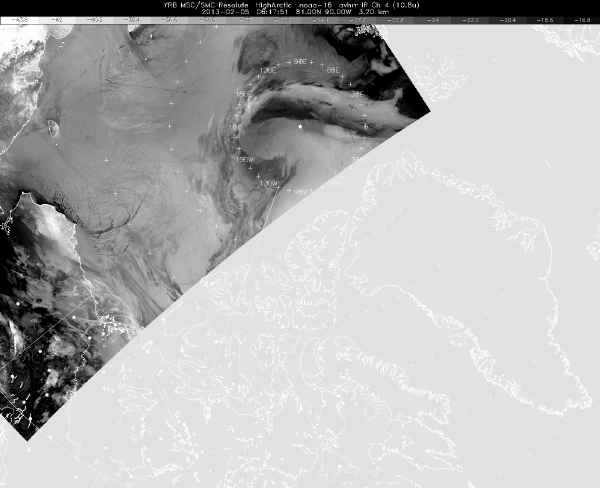The whole thing can be summed up in one beautifully succinct sentence: “how does one critically analyse a pile of horse shit?”
For those who haven't heard of the gloriously mis-named Galileo Movement you haven't missed much. Here's a small sample:
Roberts wraps this whole global conspiracy theory neatly into a heading for one section: “The objective is global control through global socialist governance by international bankers hiding control behind environmentalism”.
“The core problem is massive over-government through international bankers seeking to control,” writes Roberts. “We now know WHY they push climate fraud. They’re pushing global control.”
Oh how Galileo would spin in his grave if he knew these clowns had taken his name to promote their "scientific" denier agenda.At one point, Roberts claims that “it’s likely that during John Howard’s prime ministership socialist bureaucrats pulled the strings” which leaves you wondering why these evil socialist puppet masters failed to get Howard to sign the United Nations’ Kyoto protocol?
Even Andrew Bolt thinks GM are too crazy for him.
Funnily enough though, Gina Reinhardt and Alan Jones are still supporters of GM. No surprises there.






